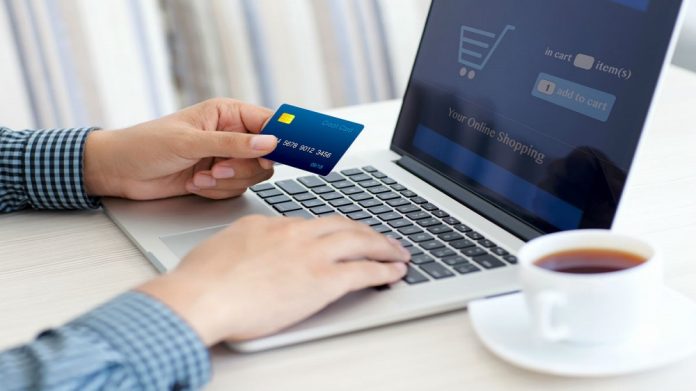We’re living through extraordinary times right now. The COVID-19 crisis is changing business and much else forever. The global payments ecosystem has proven strong in the face of the pandemic. The general public continues to trust payments systems and providers, but they should have safe online transactions and need to be aware of the frauds.
Consumers need to have a clear idea regarding emails, apps, and website links that have grammatical errors, contain generic greetings or sites which ask for personal information. These are common signs that the notifications are not from actual banks or government agencies. It’s an unfortunate truth that any crisis presents opportunities to criminals. With severe change occurring at high speed around the world, many new loopholes are opening up for fraudsters.
Venkat Krishnapur, Vice-President of Engineering and Managing Director, McAfee India, said that the National Payments Corporation of India (NPCI) has been prompting Indians to use digital payments to reduce social contact, for transactions starting from buying essentials, mobile recharges then on – from in-store purchases to buying on e-commerce platforms instead. He warned that with the lockdown restricting people, coupled with the rush in online transactions, this is often a golden opportunity for threat actors to exploit less-protected touchpoints.
Here are some of the tips for safe online transactions during this Coronavirus lockdown.
How fraudsters operate
The McAfee official shared the subsequent steps to make sure a secure experience online:
Always keep merchant/bank account number private: Consumers need to be cautious and extremely selective while giving their account numbers to anyone. They need to be cautious while receiving requests via email, phone, social media, and while asking personal information.
Learn to spot phishing scams: Some of the phishing scams are easy to identify, while others appear legitimate. Consumers need to be careful while opening e-mail attachments and clicking on links. If the link is unknown no need to recognize and better not to open. It is always good to type the website in your web browser rather than just clicking on any link. Always search for the ‘s’ at the end of ‘https://’ on the URL. ‘S’ stands for ‘secure’ which indicates that the page is encrypted and safe.
Use trusted networks only: Use only a secure network while making an online transaction. While using insecure public networks there is a chance of having cybercriminals accessing your personal banking information.
Always use a unique password and try to change regularly: Wherever possible, enable multi-factor authentication, PIN/Password requirement, or fingerprint recognition.
Always keep on checking your credit card and statements properly. No matter how small, ensure you identify every transaction. Always check the notifications appearing on your mobile.
Always ensure that you are using a complete security solution: Whether you’re banking through a mobile app, or contacting a financial services institution over online, confirm all your devices are protected by employing a complete security solution.

